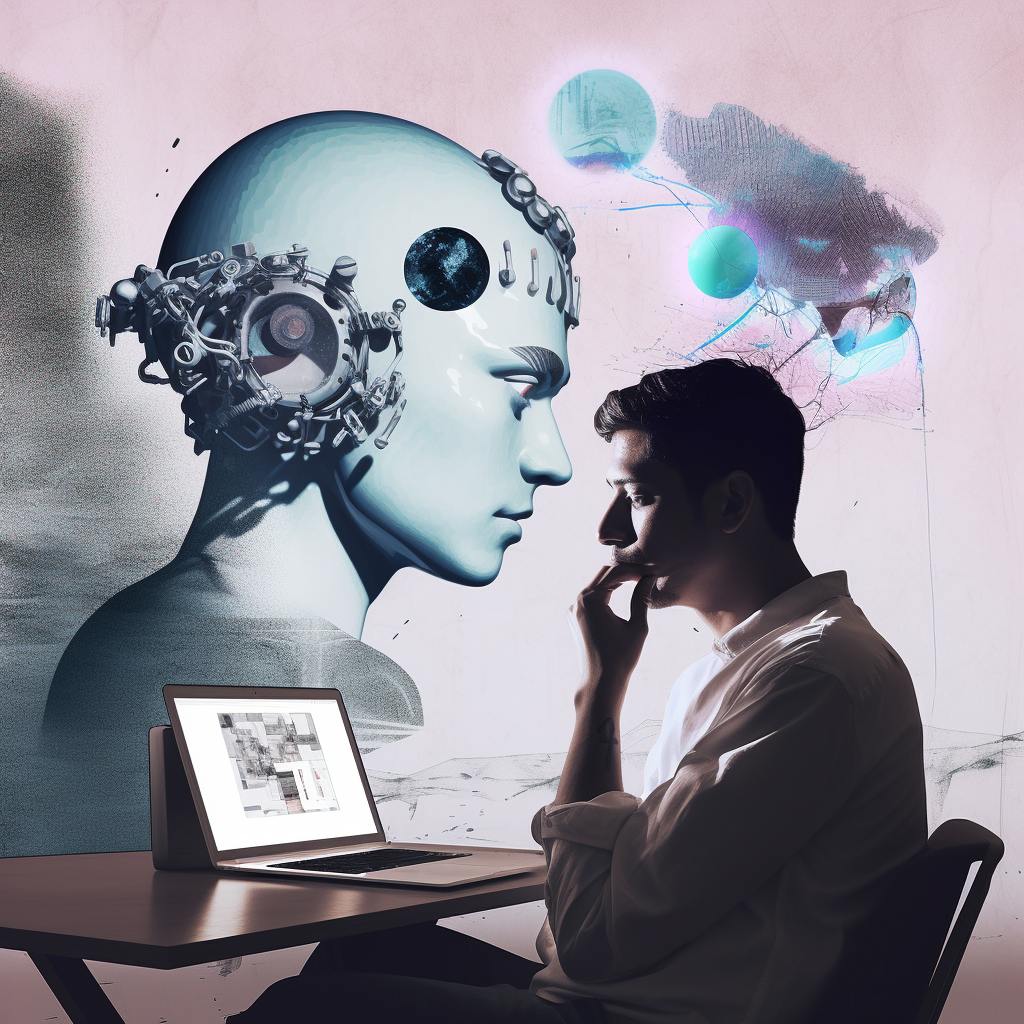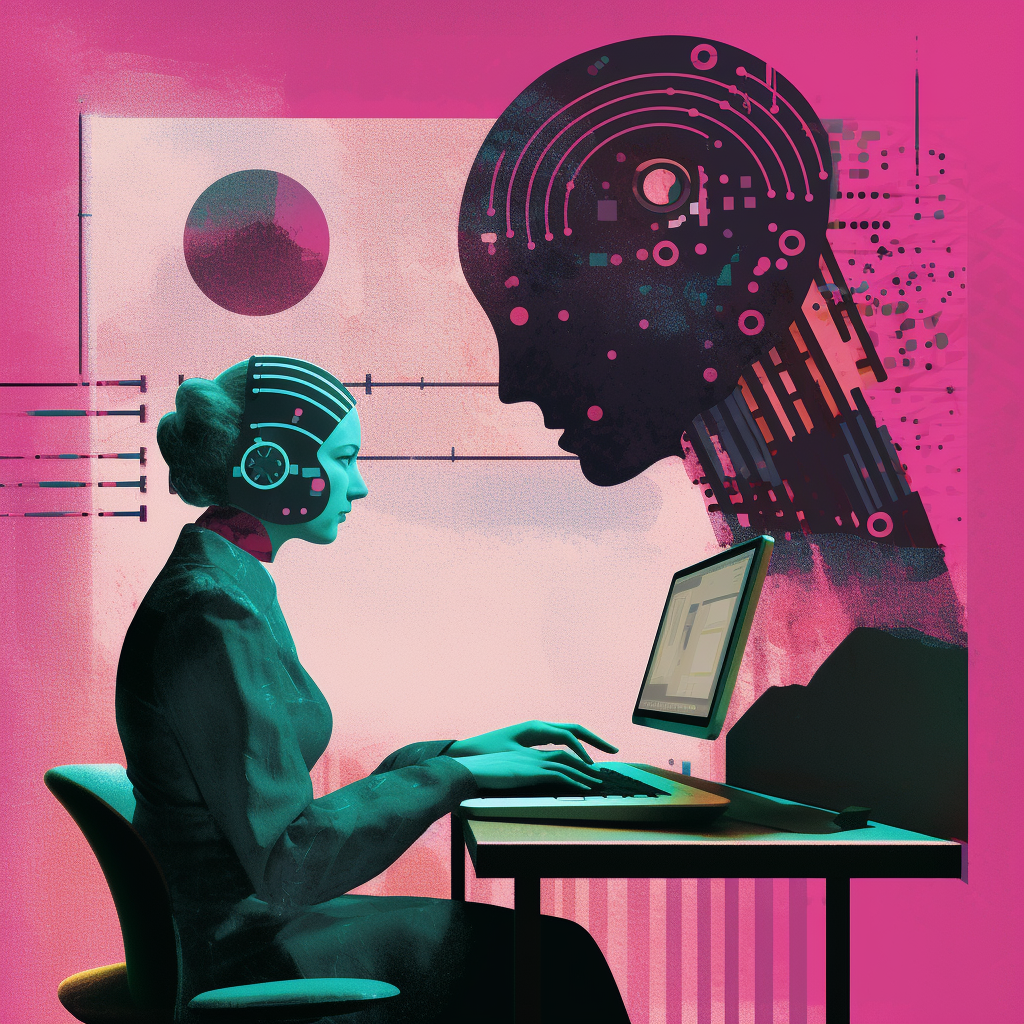Artificial intelligence (AI) has made significant advancements in recent years, impacting various industries and changing the way businesses operate. One area that has seen substantial growth is the use of AI-powered chatbots in customer support and engagement. These intelligent virtual assistants are revolutionizing the way businesses interact with their customers by providing instant assistance, resolving common queries, and directing users to relevant resources. This not only saves time and resources but also improves the overall customer experience. In this article, we will discuss how AI chatbots are transforming customer support and engagement.
What are AI-Powered Chatbots?

Definition of AI-Powered Chatbots
AI-powered chatbots are computer programs that use artificial intelligence and natural language processing (NLP) to understand and respond to human language in a conversational manner. They are designed to simulate human-like interactions with users, making it easier for businesses to provide quick and efficient customer support.
How AI Chatbots Work
AI chatbots use machine learning algorithms and NLP to learn from past interactions and improve their understanding of human language over time. They can analyze and interpret user inputs, process the information, and generate appropriate responses based on the context of the conversation.
Benefits of AI-Powered Chatbots in Customer Support

Instant Assistance
One of the primary benefits of AI-powered chatbots is their ability to provide instant assistance to customers. They can quickly answer common questions, resolve issues, and direct users to relevant resources, reducing the need for human intervention and improving customer satisfaction.
Cost-Effectiveness
AI chatbots are cost-effective as they can handle multiple customer interactions simultaneously without the need for additional staff. This helps businesses save on operational costs while ensuring efficient customer support.
24/7 Availability
AI chatbots can provide round-the-clock support, ensuring that customers receive assistance whenever they need it. This 24/7 availability significantly improves the customer experience, as users no longer have to wait for support during business hours.
Personalization and Contextual Understanding
AI chatbots can offer personalized and context-aware support by leveraging data from user interactions and other sources. They can tailor their responses based on individual customer preferences, providing a more customized and engaging experience.
Reduction of Human Errors
AI chatbots can help reduce human errors in customer support by providing accurate and consistent information. Unlike humans, chatbots are not prone to fatigue or stress, ensuring reliable support at all times.
Improving Customer Engagement with AI Chatbots

Proactive Support
AI chatbots can proactively engage customers by offering support before a user even asks for help. This can help businesses identify potential issues early on and address them before they escalate, leading
[Continue writing please]
to improved customer satisfaction and loyalty.
Data-Driven Insights
AI chatbots can collect and analyze data from customer interactions, providing valuable insights that businesses can use to optimize their customer support and engagement strategies. These insights can help identify trends, preferences, and areas for improvement, allowing businesses to make informed decisions based on real-time data.
Integration with Social Media and Messaging Platforms
By integrating AI chatbots with popular social media and messaging platforms, businesses can reach a wider audience and provide seamless support across multiple channels. This makes it easier for customers to access assistance and engage with the business, ultimately improving the overall customer experience.
Challenges and Limitations of AI-Powered Chatbots
Despite their numerous benefits, AI-powered chatbots also come with challenges and limitations. For instance, they may struggle to understand complex language nuances, regional dialects, or slang, leading to miscommunication. Additionally, chatbots may not always be able to handle sensitive or emotionally charged situations as effectively as human agents. Finally, privacy and security concerns are important considerations, as businesses need to ensure that their chatbots are compliant with data protection regulations and safeguard user information.
Future of AI Chatbots in Customer Support and Engagement
As AI technology continues to advance, we can expect AI-powered chatbots to become even more sophisticated and capable of handling a wider range of tasks. Future developments may include enhanced emotional intelligence, improved multilingual support, and more advanced personalization features. These advancements will further revolutionize customer support and engagement, making AI chatbots an increasingly essential tool for businesses of all sizes.
Conclusion
AI-powered chatbots are revolutionizing customer support and engagement by providing instant assistance, resolving common queries, and directing customers to relevant resources. With their numerous benefits, including cost-effectiveness, 24/7 availability, and personalized support, AI chatbots are transforming the way businesses interact with their customers. As AI technology advances, we can expect even more sophisticated and capable chatbots to emerge, further enhancing customer support and engagement.
Frequently Asked Questions (FAQs)
What is an AI-powered chatbot?
- An AI-powered chatbot is a computer program that uses artificial intelligence and natural language processing to understand and respond to human language in a conversational manner.
How do AI chatbots improve customer support?
- AI chatbots improve customer support by providing instant assistance, resolving common queries, and directing users to relevant resources. They also offer cost-effective, 24/7 support and can reduce human errors.
What are some limitations of AI-powered chatbots?
- Some limitations of AI-powered chatbots include difficulties in understanding complex language nuances, regional dialects, or slang, handling sensitive or emotionally charged situations, and ensuring privacy and security compliance.
How can AI chatbots enhance customer engagement?
- AI chatbots can enhance customer engagement by providing proactive support, offering data-driven insights to optimize support strategies, and integrating with social media and messaging platforms for seamless, multi-channel support.
What does the future hold for AI chatbots in customer support and engagement?
- The future of AI chatbots in customer support and engagement includes advancements such as enhanced emotional intelligence, improved multilingual support, and more advanced personalization features, further revolutionizing the way businesses interact with their customers.
[Please list 5 AI tools that help with the functions described above]
Please write in English language.
Here are 5 AI-powered tools that can help businesses with the functions described in the article, including customer support and engagement:
- IBM Watson Assistant: IBM Watson Assistant is a powerful AI chatbot platform that enables businesses to build and deploy conversational agents across multiple channels, providing seamless support and improving customer experience.
- Google Dialogflow: Google Dialogflow is an AI-driven chatbot platform that allows businesses to create intelligent, human-like conversational agents that can answer questions, resolve issues, and engage customers on various platforms.
- Microsoft Bot Framework: Microsoft Bot Framework is a comprehensive AI chatbot development platform that provides tools and resources to build, test, and deploy intelligent chatbots capable of handling complex customer support tasks and driving engagement.
- Rasa: Rasa is an open-source chatbot development platform that utilizes machine learning and NLP to create context-aware, personalized chatbot experiences for customers, improving both support and engagement.
- Ada: Ada is an AI-powered chatbot platform designed specifically for customer support automation. With its user-friendly interface and powerful AI capabilities, Ada allows businesses to create and manage personalized chatbot experiences across multiple channels.

